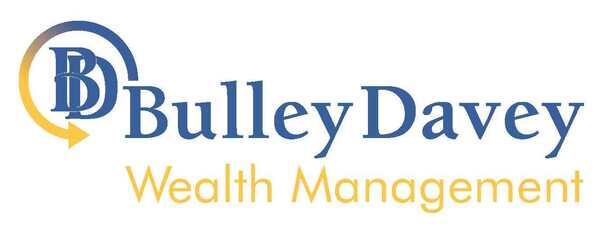When you decide to invest, the decisions you make can often seem to be a series of either/or calls: income or growth, UK or overseas, tracker fund or actively managed.
Thankfully, though, most people don’t have to sacrifice tax efficiency when choosing where they invest.
This is because tax shelters like ISAs and pensions are virtually universally available to people in the UK, no matter where they invest.
So if you are keen to invest ethically whilst being tax efficient, these days, it should be no problem.
Tax wrappers for ethical investments
Every year, each adult has an allowance (currently £20,000) to put into an ISA.
This shields the investments from income tax and capital gains tax as they grow and/or produce income for you.
You can withdraw the money whenever you wish, but if investing in the stock market you would normally be looking to hold it for a few years.
Pensions offer the same protection from tax as ISAs, and you also get tax relief when the money goes in and up to a 25% tax free lump sum when it comes out (the remainder of withdrawals are subject to tax).
They are intended for retirement planning, so access to your funds is more restricted than with an ISA.
And pensions do come with more complicated tax considerations for some people, such as the annual allowance and lifetime allowance.
But you can hold ethical investments in either wrapper, based on your objectives and circumstances.
These will be sufficient for most people to shield their ethical investments from tax, but there may be other tax efficient options available too.
Choosing ethical investments
Once you have chosen your tax wrapper, attention turns to the ethical investment.
Bear in mind that there is no technical definition of what an ethical investment is. It is however you define it.
For some, this may be simply avoiding shares in companies associated with, say, tobacco, or weapons manufacturers. For others, it may be seeking out companies which play an active role in developing green technologies.
You can invest directly in companies by purchasing their shares. Or you can choose an ethical fund where a professional investment manager will buy a pool of companies’ shares based upon their stated fund aims which take ethical considerations into account.
Here are a few of the key ethical approaches around on which it is possible to base your investment choices:
Impact investing – this is when your investment reports on measurable ethical impact, such as reductions in greenhouse gas emissions.
Stewardship funds – investment managers use their influence over the companies they invest in to encourage positive change, often with efficiency or ethical considerations in mind. For instance, ensuring a supply chain does not use child labour.
ESG integrated funds – a fund manager states they will consider environmental, social and governance factors in their wider investment decision making.
Sustainable investing – a fund invests in companies which they think will deliver investment returns by addressing environmental or social issues like climate change.
Dark green investing – an approach which sees companies and sectors strictly screened, excluding companies which don’t meet the ethical standards required.
Light green investing – this describes funds which invest in companies making a positive impact, rather than blacklisting companies which are perceived to make a negative impact.
You have probably noticed that the above examples are not mutually exclusive and that reflects the lack of an objective definition of ethical investing.
A good approach would be to pick which ethical causes you are most inspired by and then carefully read up on the investments which are aligned to those.
This will help ensure that you choose investments which you really consider to be ethical, rather than relying on external certification.
To find out more about ethical investments, get in touch.
